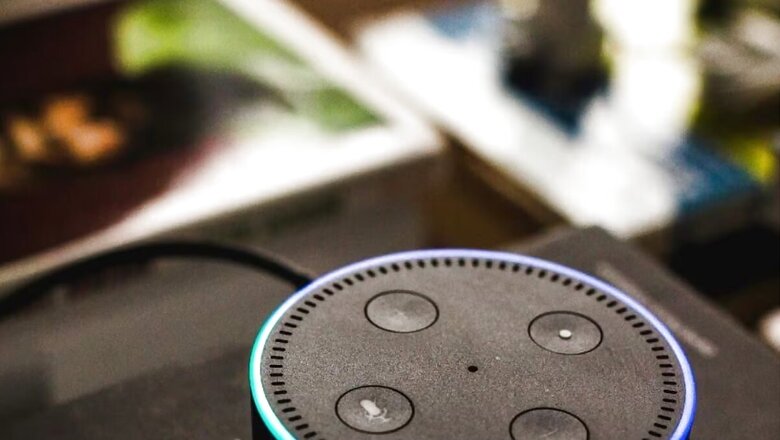
views
A 64-year-old man from California has been able to “control” an Amazon Alexa with his “brain”, making him the first human being to achieve such a feat. A major leap in brain-computer interface (BCI) technology enables the man with amyotrophic lateral sclerosis (ALS) to use Amazon’s Alexa by mere concentration of thoughts. This was made public by New York-based company Synchron on September 17, 2024. This is an astounding achievement that marks a giant step towards fulfilling the dreams of persons who are partially paralysed or otherwise have severe mobility issues.
The anonymous patient, referred to as Mark, has been diagnosed with ALS, a progressive disease that leads to muscle weakness and loss of control. In August 2023, Mark participated in a clinical study where he received a BCI (Brain-Computer Interface) implant aimed at exploring potential treatments or assistance for his condition.
The implant was surgically inserted by Synchron and was minimally invasive. This device is developed to translate signals in the human brain as well as enable the use of technology without physically interacting with it.
How Does This Technology Work?
Mark’s BCI (Brain-Computer Interface) was implanted through the bloodstream at the nape of his neck and positioned on the motor cortex, the region of the brain responsible for controlling voluntary movements. This technique enables the device to wirelessly transmit brain signals related to Mark’s intentions to perform specific actions, providing a new way for him to communicate and interact with his environment despite the effects of ALS.
Thus, without actually interacting with the device physically by touching it or speaking to the Alexa assistant, he is able to virtually move his hand across the screen of an Amazon Fire tablet and press the icons.
With this technology, Mark can perform various tasks such as:
Making video calls
Playing music
Streaming shows
Controlling smart home devices (e.g., lights and security cameras)
Shopping online
Reading books on Kindle
Mark expressed his gratitude for this newfound independence, stating, “To be able to manage important aspects of my environment and control access to entertainment gives me back the independence that I’m losing”.
Synchron’s CEO, Tom Oxley, pointed out that this accomplishment also brings back some meaning and autonomy in patients such as Mark but also paves the way for BCI in the future. “People with paralysis lose their freedom of expression,” Oxley pointed this out noting that such occurrences could have a quality of life implications for people with similar situations.
Synchron is among several firms that are developing and exploring BCI technologies, such as Elon Musk’s Neuralink. Although many companies have been focusing on these interfaces for several years, Synchron is one of the few that successfully started human trials. At the moment the team has only had their BCI implanted in ten patients in the U.S. and Australia and is expecting a bigger trial.

















Comments
0 comment